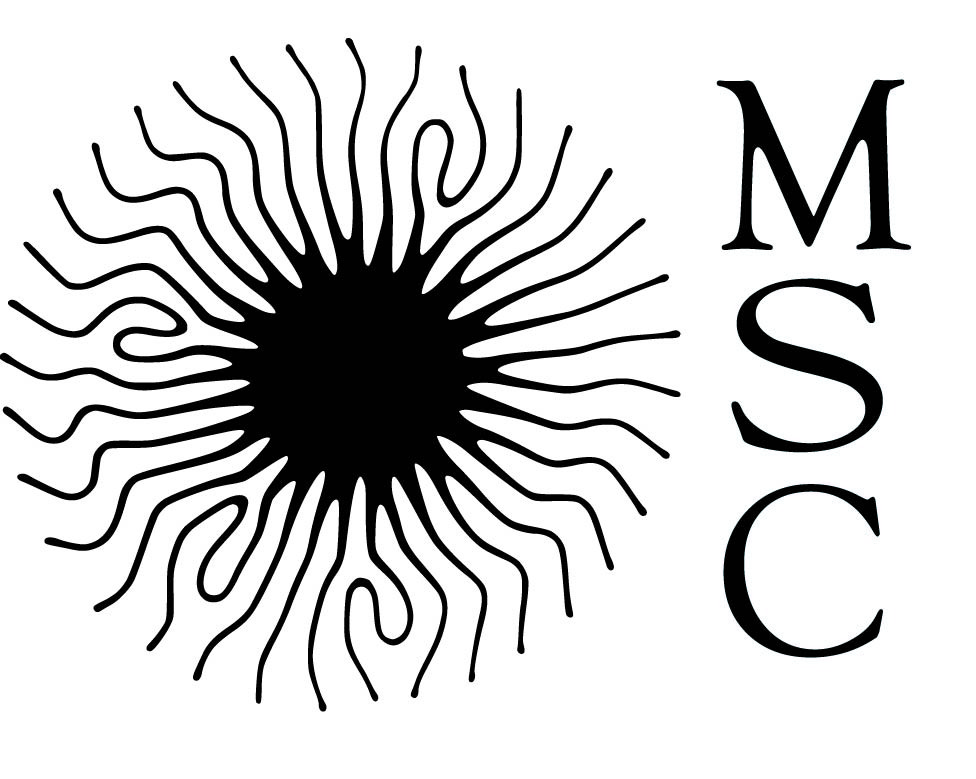Presentation
The MSC laboratory is a highly multidisciplinary macroscopic physics laboratory, particularly through its interfaces with the living world and the environment. It is interested in the emergence and use of complexity in a wide variety of situations



© MSC
Non-linear physics in the broadest sense (including hydrodynamics and granular media physics).
Soft matter physics.
The physics of interfaces with chemistry, biology and medicine.
The Laboratory’s expertise ranges from fundamental and theoretical aspects to materials (particularly those derived from Soft Matter, their complex rheology, surface properties, wetting, etc. ), geophysics (work on dunes, erosion or the detection of contaminants in the environment), agronomy (plant growth and dynamics), and biomedical engineering (development of diagnostic methods or new treatment principles, nanotoxicology, cell therapy, tissue engineering, gene expression control… ).
The laboratory is structured into six teams, with a high degree of thematic and personal porosity between teams, a source of interaction. These teams are complemented by a research support team made up of engineers and technicians with multidisciplinary skills in design, mechanics, IT, instrumentation, electronics, chemistry and biology.
Read also

PhD defense. 05/11/2024, Lorijn van der Spek: “Application of mechanical and geometrical constraints of muscle cells to promote differentiation at different scales”
Tuesday, November 5th, Bâtiment Condorcet, 10 rue Alice Domon et Léonie Duquet, 75013 Paris. PhD defense of Lorijn van der Spek Application of mechanical and geometrical constraints of muscle cells to promote differentiation at different scales Supervised by Myriam...

Alice Pelosse honored by the French Rheology Group
Alice Pelosse, a PhD student from the MSC laboratory, who completed her thesis on capillary flow in suspensions under the supervision of Matthieu Roché and Elisabeth Guazzelli, has been awarded the 2024 thesis prize by the Groupe Français de Rhéologie (GFR).During her...
Bringing experience into the classroom: a training day for physics and chemistry teachers from the Créteil Academy
On Friday April 26, 2024, the MSC laboratory trained 62 physics-chemistry teachers from the Académie de Créteil on the theme of "Bringing experience into the classroom". A colorful day. On Friday April 26, 2024, the MSC laboratory welcomed 62 physics and chemistry...
